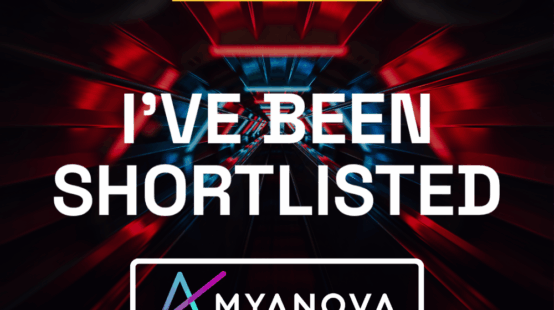
With an inflexible supply of road space, we only have one option, we must use the roads and vehicles on them more efficiently. Jersey is not unique in this challenge, far from it, urban areas globally are all taking action to make their spaces more liveable and accessible. Many of the initiatives are visible, such as electric vehicle charging points and bike sharing schemes, much of it is also hidden, such as intelligent traffic lights that prioritise buses.
The key to achieving more liveable, healthy and efficient environments is data. It is data and particularly open data which will help us analyse, plan and innovate in order to achieve change as a community, whether through our behaviour, or new services. So how can we use data to make better decisions, both for ourselves and the island?
While appropriate infrastructure is needed, we must also focus on empowering people to make better decisions by providing ourselves with quality data and insight. People need access to accurate, real-time information, in an accessible and easy digestible format. We are all more likely to catch a bus if we can make the decision based on knowing where the next bus currently is, if it’s on time, whether seats are available and what the expected journey time is. Equally, if we have information directing us to available parking spaces, we’ll reduce the miles spent and emissions released in searching for a space – if this functionality is built into our connected car, or on a user-friendly app and not just on a Government webpage, we are even more likely to use it.
For over a decade Transport for London (TfL) have been releasing a significant amount of data in an open and free format for anyone to use. Research commissioned by TfL, and conducted by Deloitte, credits the provision of this real-time open data with boosting London’s economy by up to £130 million a year. The report quantified the benefits realised through improved journeys, saved time, innovation and job creation. TfL’s open data feeds are consumed, via several different apps such as Citymapper or Moovit, by 42% of Londoners. We need to be moving towards using data in this way to achieve economic, environmental and social benefits in Jersey.
Following the passing of the Bus Services Act 2017, the UK government has recently introduced requirements for bus operators or local authorities to publish information on timetables, routes, fares, tickets, live information and stops from early 2020. In Jersey, LibertyBus are supporting the island by being proactive in this space. The collaboration with the Department for Infrastructure to facilitate TrackMyBus means we can now all see where our next bus is and plan our walk to the bus stop.
LibertyBus have also made their timetable data available to Google. The data has been incorporated into Google’s Directions API, meaning Google Maps can be used to plan journeys and make an informed choice between transport options, including bus, cycling, walking or car. This makes it far easier for people to choose to leave their car at home and take the more environmentally friendly bus. Google’s API is open to all and can be used by others to develop new products or services.
Additionally, LibertyBus are collaborating with Digital Jersey’s Enviro-Hackathon, providing their boarding data for 2018, allowing the best minds on island to interrogate the usage of the service, analyse influencing factors and combine complementary data sets to build a richer picture. What benefits could be realised? How could the service adapt to support population growth?
Any organisation can take its data and analyse, plan and innovate but with Open Data the whole market can participate, both in delivering improved consumer propositions and in island-wide strategic development. Results will be realised more quickly and efficiently if we are open with our data, and in this spirit of collaboration any negative feelings quickly dissipate as the community works together transparently for mutual benefit. Rapid developments in journey planning apps and in building the business case for supplementary travel modes, e.g. on-demand buses, could have been delivered within TfL’s remit, but it’s been delivered faster and at lower cost by the commercial sector. All of it underpinned by TfL’s Open Data policy.
Here, Digital Jersey and partners are building a digital twin of the island with a vision to combine previously siloed data sets, creating a virtual environment where new ideas and ways of thinking can be modelled. How does air quality change if we reconfigure the road layout, or how do journey times change if the number of vehicles on the road increases with forecasted population growth? What is the benefit to air quality if the island transitions to mass adoption of electric vehicles?
The key to answering all these questions lies in making more data available from our public and private service providers, like LibertyBus. To help Jersey find better solutions for the future, we need to start realising the “Jersey is Open” vision, continue to encourage Open Data initiatives and support our community of decision makers and problem solvers who surround it.



